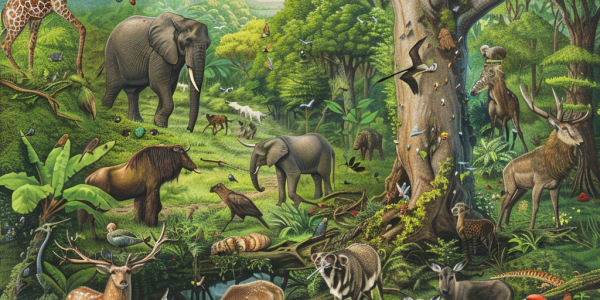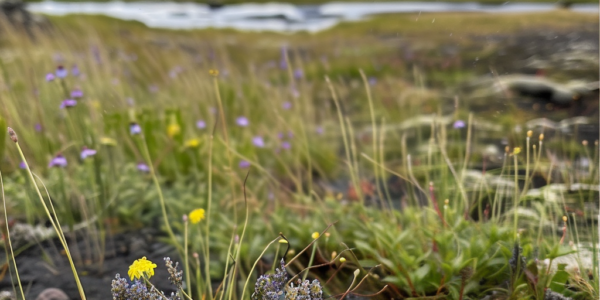Study Links Ocean Density to Carbon Capture in Marine Plankton
Recent research from the University of Oxford reveals a critical link between ocean density and the carbon capture abilities of marine plankton, particularly foraminifera. This study highlights how changes in ocean density affect the calcification process of these organisms, with significant implications for carbon cycling and oceanic CO2 absorption in the face of climate change.
KIST Develops Innovative Silver-Silica Catalyst for Enhanced CO₂ Reduction
A groundbreaking study from the Korea Institute of Science and Technology (KIST) reveals a novel silver-silica composite catalyst that enhances CO₂ reduction efficiency. Led by Dr. Hyung-Suk Oh and Dr. Woong Hee Lee, this innovative catalyst maintains nearly 100% selectivity even at high current densities, addressing challenges in carbon capture and utilization technologies. This advancement could revolutionize CO₂ utilization, making it more commercially viable and effective in combating climate change.
New Research Reveals 31% Increase in Global Plant CO2 Uptake
Recent research published in Nature reveals that global plant carbon dioxide (CO2) uptake has increased by 31%, now estimated at 157 petagrams of carbon annually. This study highlights the critical role of terrestrial ecosystems in carbon sequestration and climate change mitigation, utilizing innovative tracking of carbonyl sulfide (OCS) to enhance understanding of photosynthesis. These findings could inform future climate models and policy decisions aimed at reducing greenhouse gas emissions.
Animals Play Crucial Role in Carbon Storage, Study Suggests
A new study suggests that animals play a crucial role in carbon storage, potentially enabling ecosystems to store two to three times more carbon. Matteo Rizzuto from Yale University highlights how animals contribute through activities like trampling, grazing, and bodily functions. This new perspective challenges previous assumptions about carbon dynamics, emphasizing the importance of preserving the relationships between species for conservation and climate change mitigation.
The Role of Crustal Carbonate Build-Up in Earth’s Oxygenation
A recent study published in Nature Geoscience sheds light on the role of crustal carbonate build-up as a driver for Earth’s oxygenation, presenting a theoretical framework for the long-term global oxygen, phosphorus, and carbon cycles. The findings reveal that the accumulation of carbonates in the Earth’s crust has a significant impact on the planet’s oxygenation trajectory in both the atmosphere and oceans, providing valuable insights into the complex interplay between geological and biological processes that have shaped Earth’s atmosphere and oceans over billions of years.
Study Challenges Understanding of Soil Microbiome Diversity and Carbon Cycle
A recent study from the University of Vienna challenges existing understanding of soil microbiomes’ impact on the global carbon cycle. The research found that warmer soils increase microbiome diversity, affecting carbon release. This suggests that carbon release is not solely due to accelerated microbe growth, but also from previously dormant bacteria. The study’s lead author emphasized the complexity of soil microbiome dynamics in response to temperature changes.






